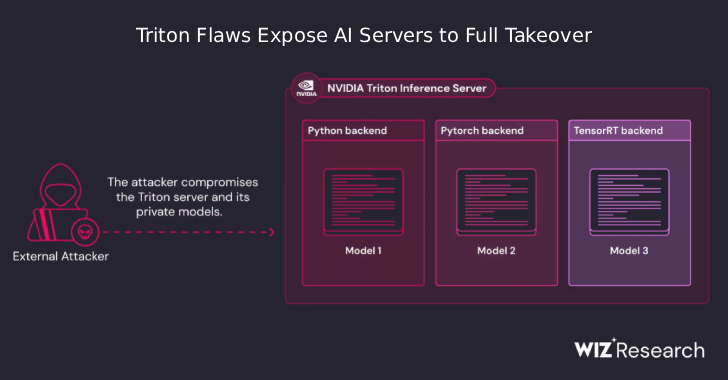
Frequently Asked Questions About CCPA Compliance
The California Consumer Privacy Act (CCPA) has gained significant attention in recent years, as companies both within and outside California grapple with its implications. While many have heard of it, questions remain about what it is, who it affects, and what compliance entails. This article breaks down some of the most commonly asked questions regarding CCPA compliance.
- What is the CCPA?
The California Consumer Privacy Act is a data protection law that grants California residents enhanced privacy rights and consumer protection regarding their personal information. It was signed into law in 2018 and went into effect on January 1, 2020.
- Why was the CCPA enacted?
The act was birthed out of growing concerns about how companies handle, share, and profit from personal data. The CCPA intends to give consumers more control over their data by allowing them to know what information is being collected, why it’s collected, and who it’s being shared with.
- Who does the CCPA affect?
While the CCPA is a California law, it has broader implications. It applies to any for-profit entity doing business in California that:
Has gross annual revenues exceeding $25 million.
Buys, sells, receives, or shares for commercial purposes the personal information of 50,000 or more consumers, households, or devices.
Derives 50% or more of its annual revenue from selling consumers’ personal information.
- What rights do California residents have under the CCPA?
Under the CCPA, California residents have the right to:
Know what personal information is collected, used, shared, or sold.
Delete personal information held by businesses.
Opt-out of the sale of personal information.
Non-discrimination in terms of price or service when a consumer exercises a privacy right under CCPA.
- What constitutes “personal information” under the CCPA?
The CCPA defines personal information as information that identifies, relates to, describes, is capable of being associated with, or could reasonably be linked, directly or indirectly, with a particular consumer or household. This includes but isn’t limited to names, addresses, email addresses, biometric data, internet browsing history, and geolocation data.
- How is CCPA different from the European GDPR?
Both the CCPA and the General Data Protection Regulation (GDPR) aim to enhance privacy rights and consumer protection. However, they differ in scope, applicability, and specific requirements. For instance:
Scope: While CCPA is specific to California residents, GDPR applies to all residents of the European Union.
Opt-In vs. Opt-Out: GDPR requires companies to obtain consent before processing personal data (opt-in), whereas the CCPA provides consumers with the right to opt-out of the sale of their personal data.
Penalties: GDPR penalties can reach up to 4% of global annual revenue or €20 million, whichever is higher. The CCPA, on the other hand, has specific civil penalties for violations and a provision for statutory damages in the event of data breaches.
- What steps should businesses take to become CCPA compliant?
Companies aiming for CCPA compliance should:
Assess and understand what personal information they collect, why they collect it, where it’s stored, and with whom it’s shared.
Implement processes to respond to consumer requests regarding their data.
Update privacy policies to reflect CCPA requirements.
Train employees about the CCPA and how to handle consumer inquiries.
Establish a robust data security strategy to prevent breaches.
- Are there penalties for non-compliance?
Yes. Intentional violations of the CCPA can result in a civil penalty of up to $7,500 per violation. Unintentional violations can result in a $2,500 penalty per violation. Moreover, individuals have the right to sue if their non-encrypted or non-redacted personal information is subjected to unauthorized access, theft, or disclosure.
- Are there any updates or amendments to the CCPA?
Since its enactment, the CCPA has undergone a few modifications, and companies need to be aware of any recent updates. Furthermore, in 2020, the California Privacy Rights Act (CPRA) was passed, which builds on the CCPA and introduces new requirements and rights. The CPRA is set to go into effect on January 1, 2023, adding another layer to California’s data protection landscape.
- Is there a chance other states will enact similar laws?
Absolutely. Since the CCPA’s introduction, several states have either passed or proposed similar privacy legislation. This indicates a broader trend towards enhanced data protection in the U.S., aligning it closer to the standards set by the European GDPR.
In conclusion, as data continues to be a dominant force in our modern economy, understanding laws like the CCPA is crucial for both businesses and consumers. By staying informed and proactive, businesses can ensure compliance while also fostering trust and transparency with their customers.
Contact Cyber Defense Advisors to learn more about our CCPA Compliance solutions.





